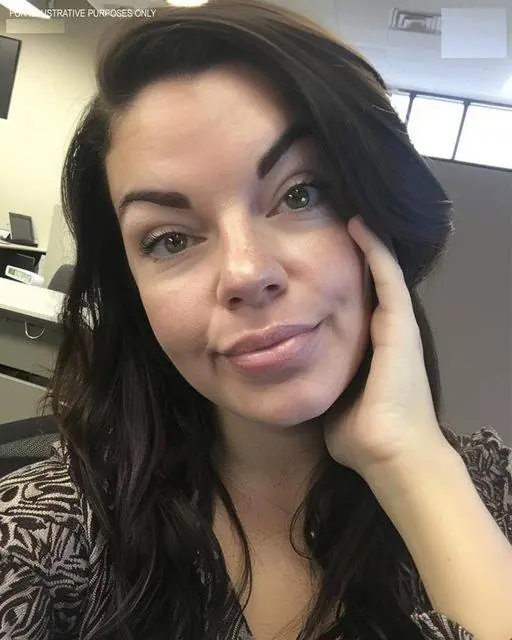
After her husband’s death, she finally dared to open his safe—the one that had always been locked. The moment the door gave way, the woman barely stifled a scream.
The memorial gathering had ended. One by one, the guests who had come to pay their respects drifted away, leaving behind the quiet hum of absence. Marina’s mother, Antonina Vasilievna, stayed behind with a few neighbors to help tidy up. They cleared the table, wiped the floors, packed away the leftover food. Slowly, the house returned to silence.
Only Marina remained, unmoving, leaning on the table as if it were the only thing keeping her upright. Her eyes were fixed on a single spot on the wooden surface, searching for answers that refused to come.
“Sweetheart, come stay with me tonight,” her mother said gently, sitting beside her and touching her hand with maternal warmth.
“Mom, take Seryozha and go… I just need some quiet. Please,” Marina replied, her voice distant, her gaze still locked on the table.
Antonina hesitated. She pleaded, coaxed, insisted — she couldn’t bear to leave her daughter alone in this grief-soaked house. But Marina, softly and firmly, ended the discussion:
“I’m all right. I just need to sit. I’m not alone. I’m with him… in my thoughts.”
Antonina hugged her daughter tightly, the way only mothers can. Then she took her grandson and left, locking the door behind her with quiet reluctance.
And so Marina was alone.
Alone in the house where Vadim’s voice had echoed just days ago. Where his cologne still lingered faintly in the hallway. Where every object whispered his name. The kind words from the memorial still rang in her ears — honest, reliable, loving. A man everyone admired. A husband who had been her anchor.
And it was all true. Vadim had been her rock. Her safe harbor.
They had met on a late winter day, when spring teased the air with warmth. The snow was melting, puddles forming, but by evening the temperature dropped and the sidewalks turned treacherous.
Marina was coming home from work, regretting the stiletto boots she’d worn to impress her colleagues. She tiptoed along the icy pavement, but her luck ran out — she slipped, her bag flew, her heel snapped. The pain wasn’t physical. It was humiliation.
Only one passerby was nearby — a tall man in a knit cap. He didn’t laugh. He helped her up, handed her the bag, and asked if she needed a doctor. His voice was calm, his manner respectful.
Home was close, but she couldn’t walk alone. She leaned on his arm. He didn’t talk much, just enough to make her feel safe. And from that moment, her life began to change.
They married that summer. Vadim inherited a small house from his grandparents — cozy, with a garden and a wooden veranda. That’s where they built their life.
Vadim was a long-haul trucker, often gone for weeks. But when he returned, he brought joy — flowers, souvenirs, laughter. He fixed things, built things, made their house a home. And when Seryozha was born, Vadim became not just a father, but a playmate, a protector, a hero.
Her friends envied her.
“Now that’s a dad,” they’d say. “On the rides with the kid instead of glued to the TV.”
Marina knew she was lucky. Vadim wasn’t just her husband. He was her other half.
And now he was gone.
She sat in the dark, afraid to turn on the light, afraid to disturb the fragile silence. Tears came in waves. She sobbed, whispered, pleaded with the emptiness.
“Why? Why him? Why now?”
It had happened so suddenly. A strong, healthy man — gone in an instant. A hidden heart defect. No warning. No goodbye.
He had plans. Dreams. And now — nothing.
Marina knew she had to keep going. Seryozha had started fifth grade. She returned to work, helped with homework, cooked, cleaned, folded laundry. She filled the void with routine.
For weeks, she couldn’t touch Vadim’s things. His clothes stayed where he left them. His toothbrush remained in the cup. As if he’d walk in any minute.
Eventually, she folded his shirts, boxed his shoes, reread the cards he’d written — simple, loving words. But one thing remained untouched: the metal safe behind the painting.
She hadn’t known it was there until one day, dusting, she noticed the edge of a door behind the canvas. A built-in safe. She remembered mentioning it to Vadim once.
“Don’t go in there,” he had said sharply. “It’s mine.”
His tone had startled her. They’d argued. He’d never spoken to her like that before. But days later, he returned with pastries and apologies. She let it go. “Everyone has secrets,” she’d thought.
But after his death, the safe haunted her.
What had he hidden? Why had he been so protective?
One evening, she took down the painting. The safe loomed — heavy, locked with a combination. She didn’t hesitate. She called a locksmith.
The next day, a quiet man arrived. He worked for an hour, then stepped back.
“All set. You can open it.”
Marina waited until he left. Then, heart pounding, she opened the door.
Inside were folders, papers, personal items… and children’s drawings.
She opened the documents first. Her breath caught. Vadim owned a transport company. A dozen trucks. An office in a nearby city.
Next — a will. Two heirs: Sergei Vadimovich Malinovsky… and Darya Vadimovna.
“Who is Darya?” Marina whispered.
Then — insurance policies, bank statements… and drawings. Crude pencil sketches signed: “To Dad from Dasha.”
Marina’s world tilted.
She found a phone in the safe — old, sturdy. She charged it. When it powered on, she saw 27 missed calls from “Irishka.” She opened the gallery.
Photos. A woman in her thirties. A little girl. Vadim with them. Family photos. Real. Intimate.
Marina dropped the phone.
That night, she didn’t sleep. Her thoughts raced. Anger, grief, betrayal.
“You played soccer with Seryozha… and then drove to her. To another family. Another daughter…”
In the morning, she called the number.
“We need to meet. Today. Main square café.”
Before that, she visited Vadim’s company. The manager, Denis, greeted her.
He had known Vadim for years. They’d built the company together. And he knew everything.
“He didn’t want to hurt anyone,” Denis said. “He loved you. He loved Seryozha. But he loved Dasha too. He said, ‘How do you choose between your right and left hand?’”
Marina listened. She didn’t cry. She didn’t scream. But inside, everything collapsed.
A year passed.
Two women stood before Vadim’s grave. Each held carnations. They laid them gently on the stone.
They weren’t friends. But they weren’t enemies.
At first, they spoke only about paperwork. Legal matters. The will had divided everything equally between the children.
But over time, their conversations softened. They discovered shared values. A quiet respect grew. Then — understanding.
Seryozha accepted the truth calmly.
“So I’m the big brother now,” he said. “I’ll protect her.”
He grew more like Vadim each day — thoughtful, steady, stubborn.
Dasha loved to draw. Her pictures were full of light. She often drew an orange cat named Baton — the one Vadim had given her when she was sick.
“If he stays with you, you’ll get better,” he’d said.
And she did.
Life, Marina realized, wasn’t black and white. It was watercolor — soft, blurred, complex.
Vadim had lied. But not to betray. He simply didn’t know how to be otherwise.
Two women who loved him chose understanding over revenge.
Marina’s mother couldn’t accept it.
“How can you talk to her?” she asked. “She took your husband!”
Marina smiled gently.
“Mom, our children share a father. They deserve to know each other. That’s what matters.”
“You’re too soft,” Antonina sighed.
But Marina had made her choice.
And who’s to say what’s right? In a world where no decision feels perfect, choosing compassion isn’t weakness.
It’s strength.
News in the same category

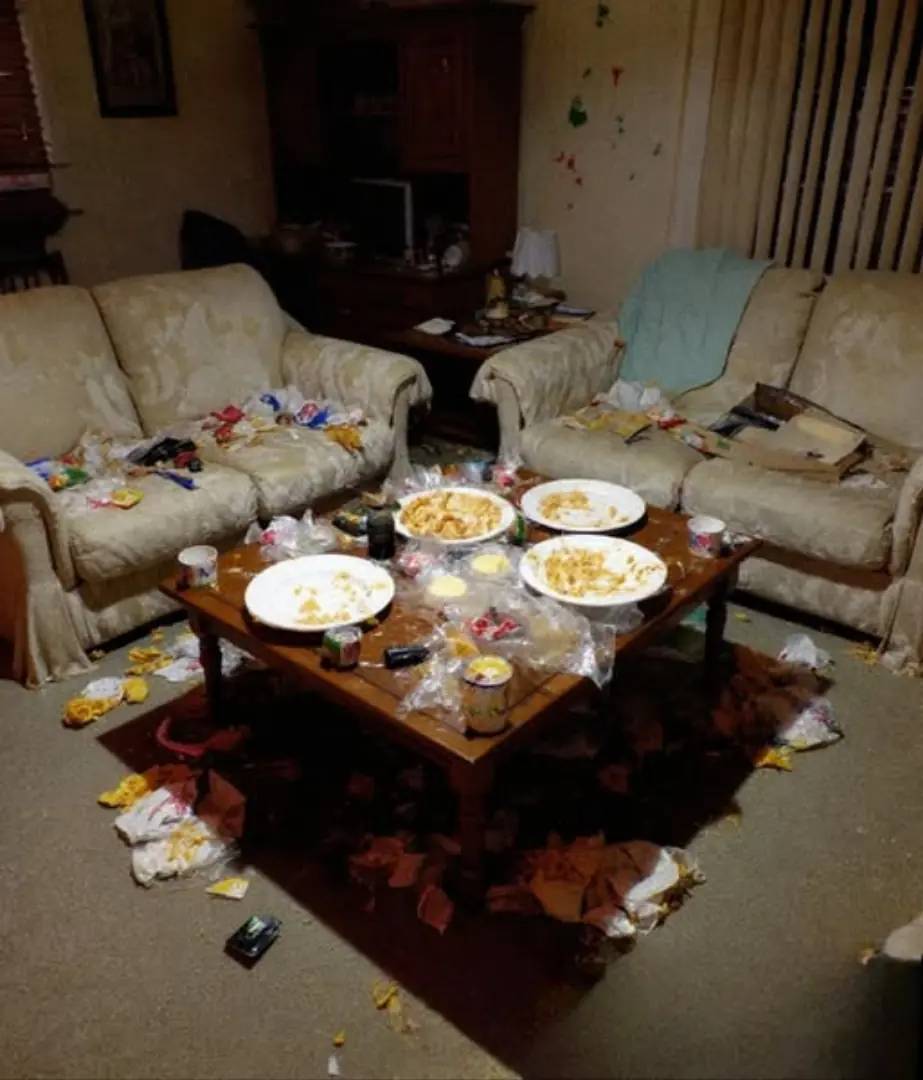
I Inherited My Grandma’s Cotage, but My Jealous Cousin Wrecked It — So I Made Her Pay Every Penny
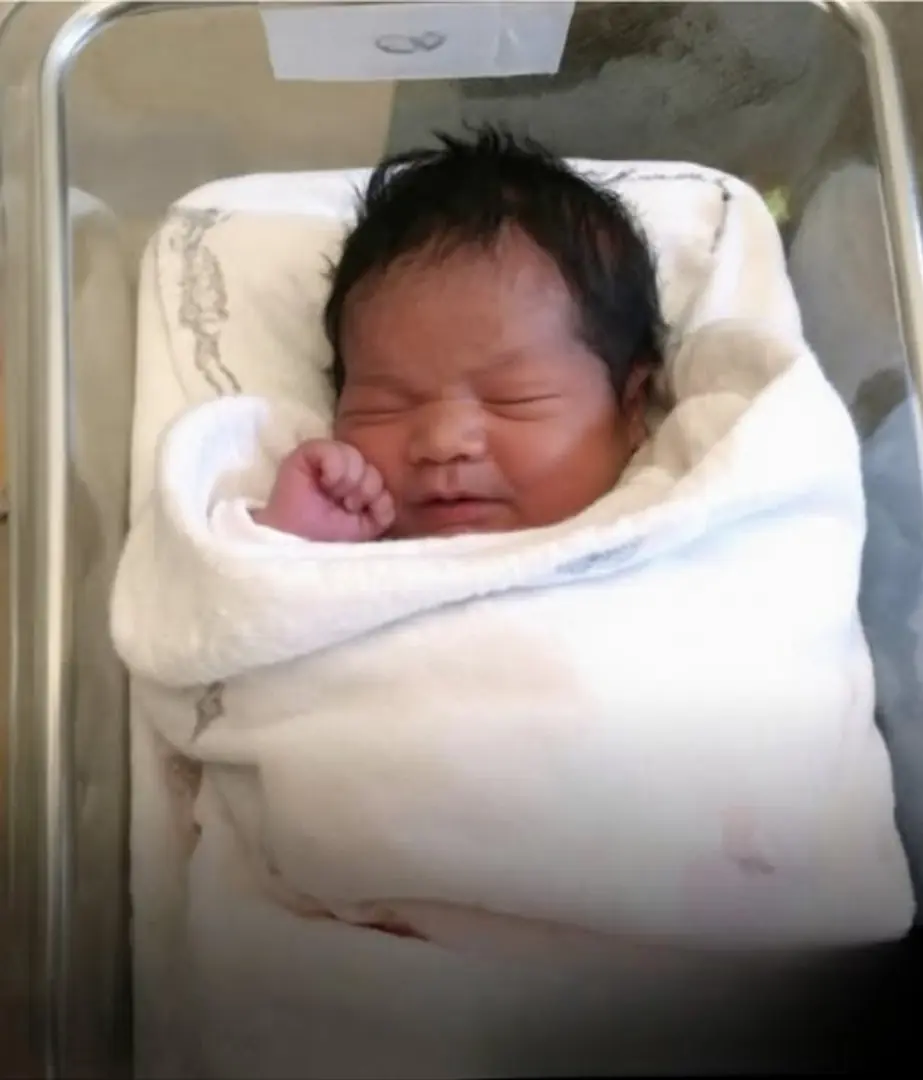
I Nearly Left My Wife When She Gave Birth to a Baby with Dark Skin — But the DNA Results Left Me Ashamed
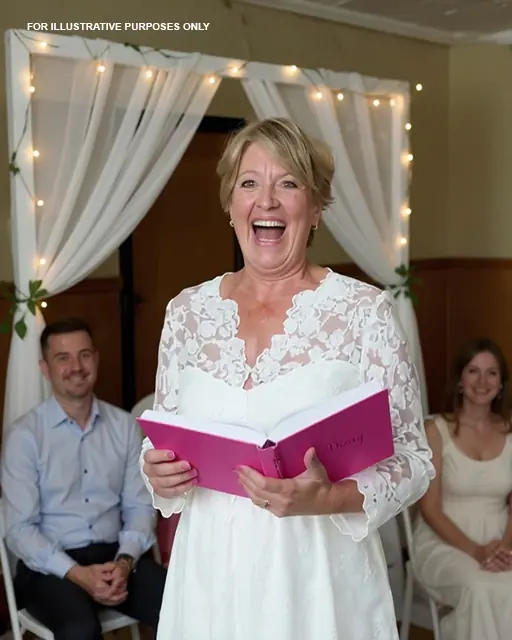
My Stepmother Read My Childhood Diary Out Loud at My Wedding to Embarrass Me — She Regretted It Instantly
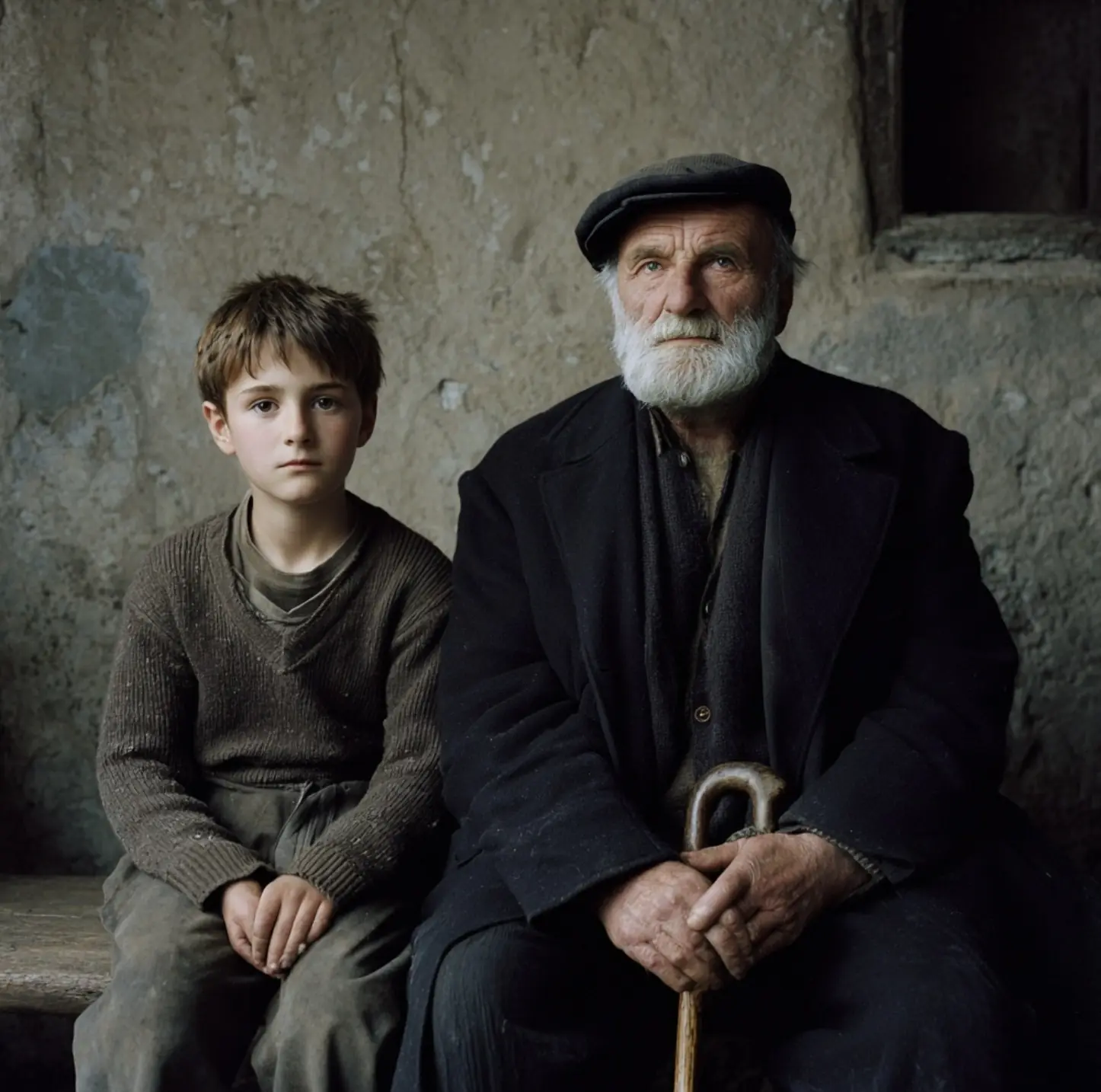
When his mother decided to leave again, Timka was twelve. She didn’t really explain anything, only said she’d been invited to teach—for just a couple of weeks
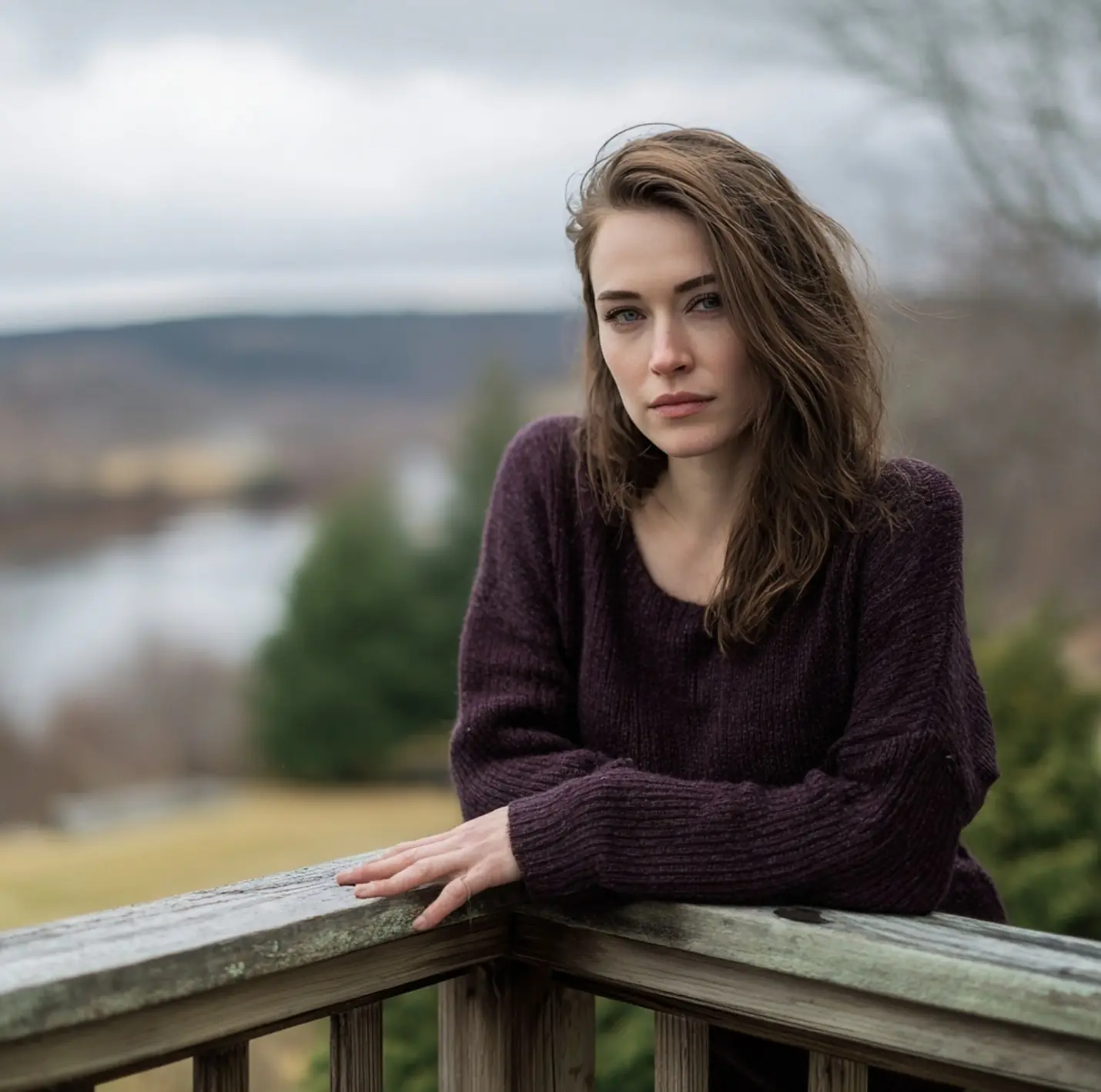
— Honestly… — her friend paused for a second, as if afraid to say too much, — I still don’t understand: how did you dare to do this? This is beyond the pale, Liza!

A pregnant student stood on the edge of a bridge, ready to jump… But a sudden child’s cry made her turn—and what she saw changed everything!
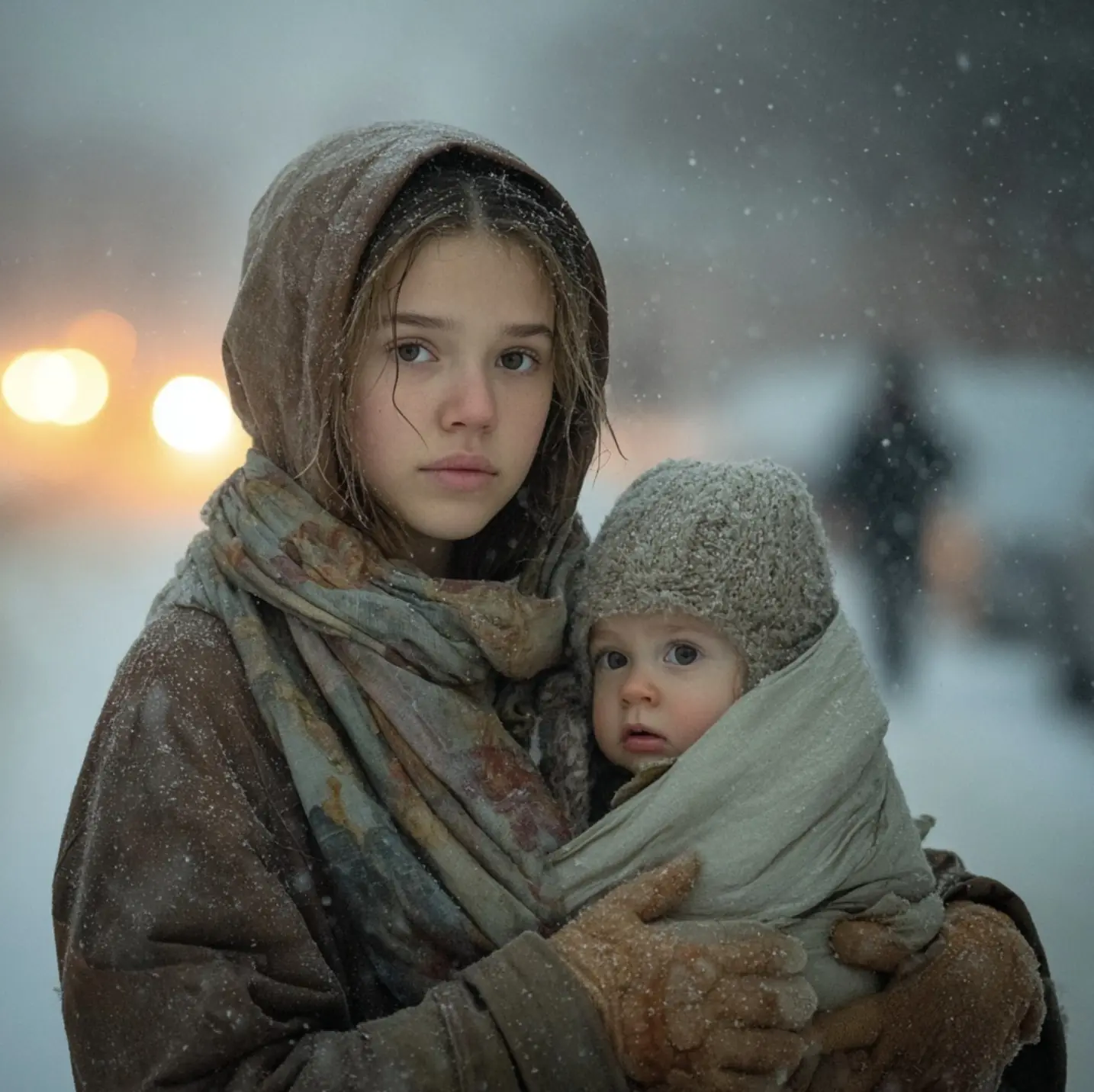
— “How can you sink so low? Aren’t you ashamed, dear? Your arms and legs work—why don’t you get a job?” people would say to the beggar woman with a child.

Tired of Being Convenient The envelope with the invitation lay on the table. Snow-white, with gold scrollwork, it seemed to mock the woman who was afraid to open it.
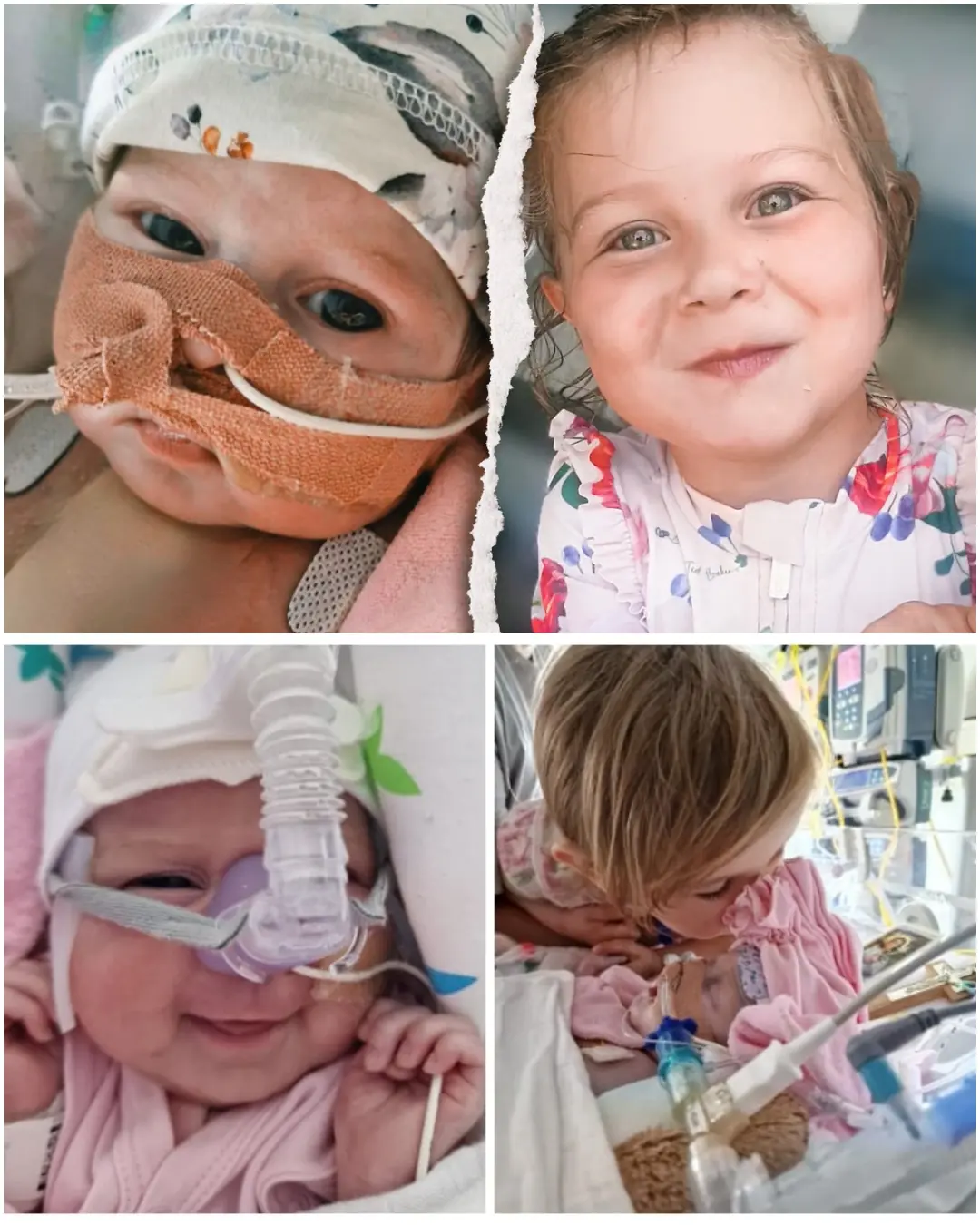
A Heart That Refuses to Give Up — Dorotka’s Fight for Life
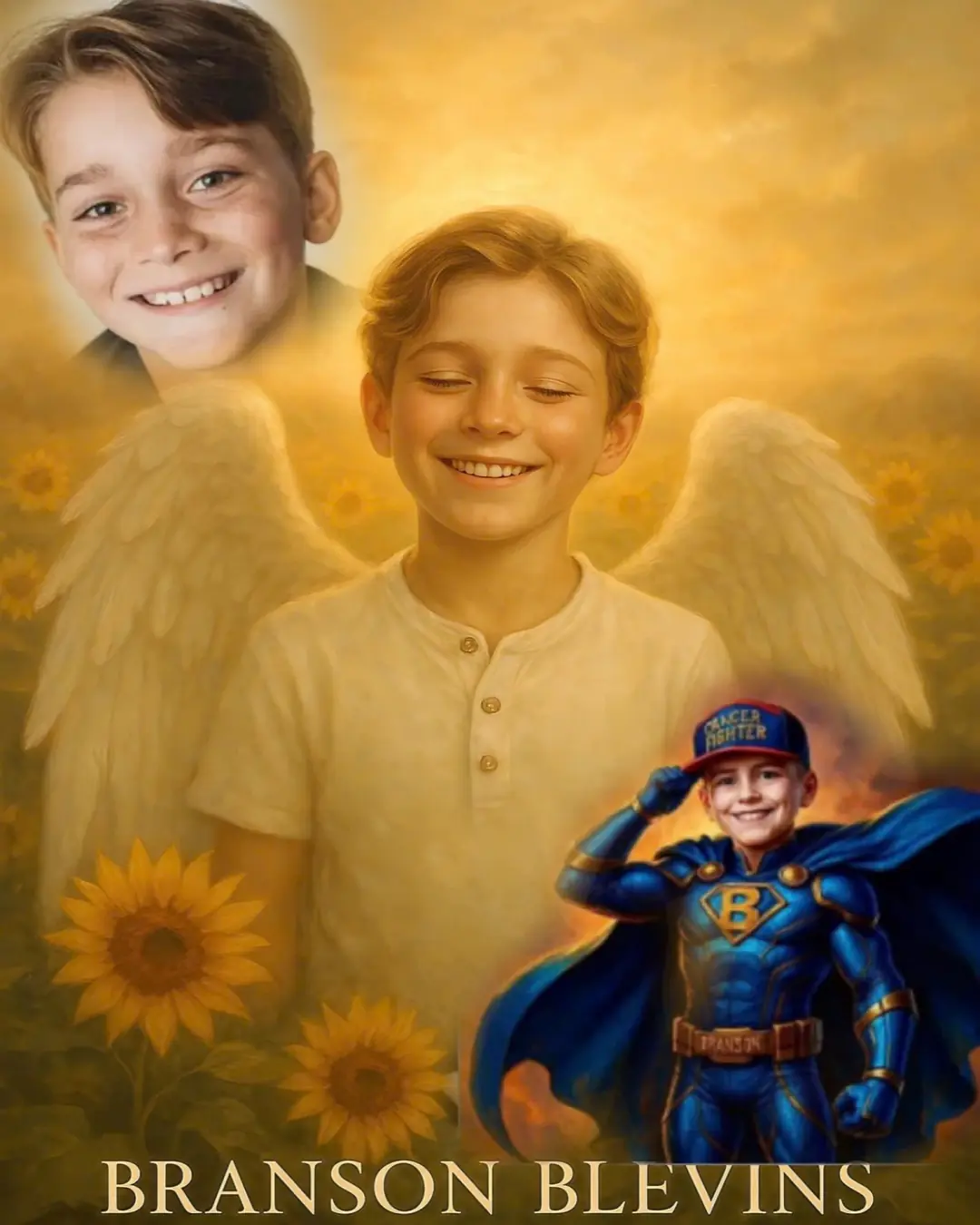
Branson Blevins: A Young Warrior’s Battle Against Adversity
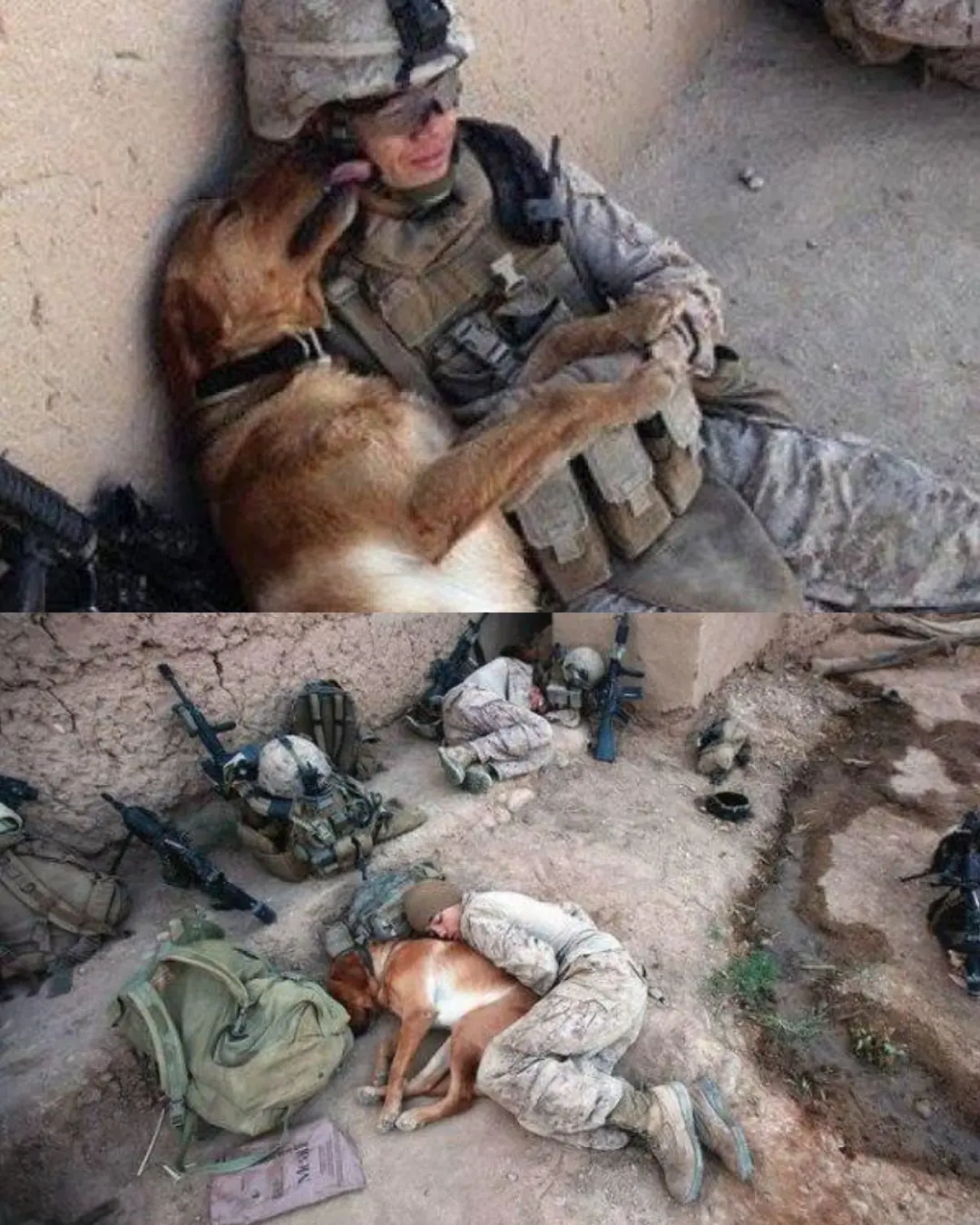
The Silent Reunion — A Soldier, A Dog, and the Sound of Love
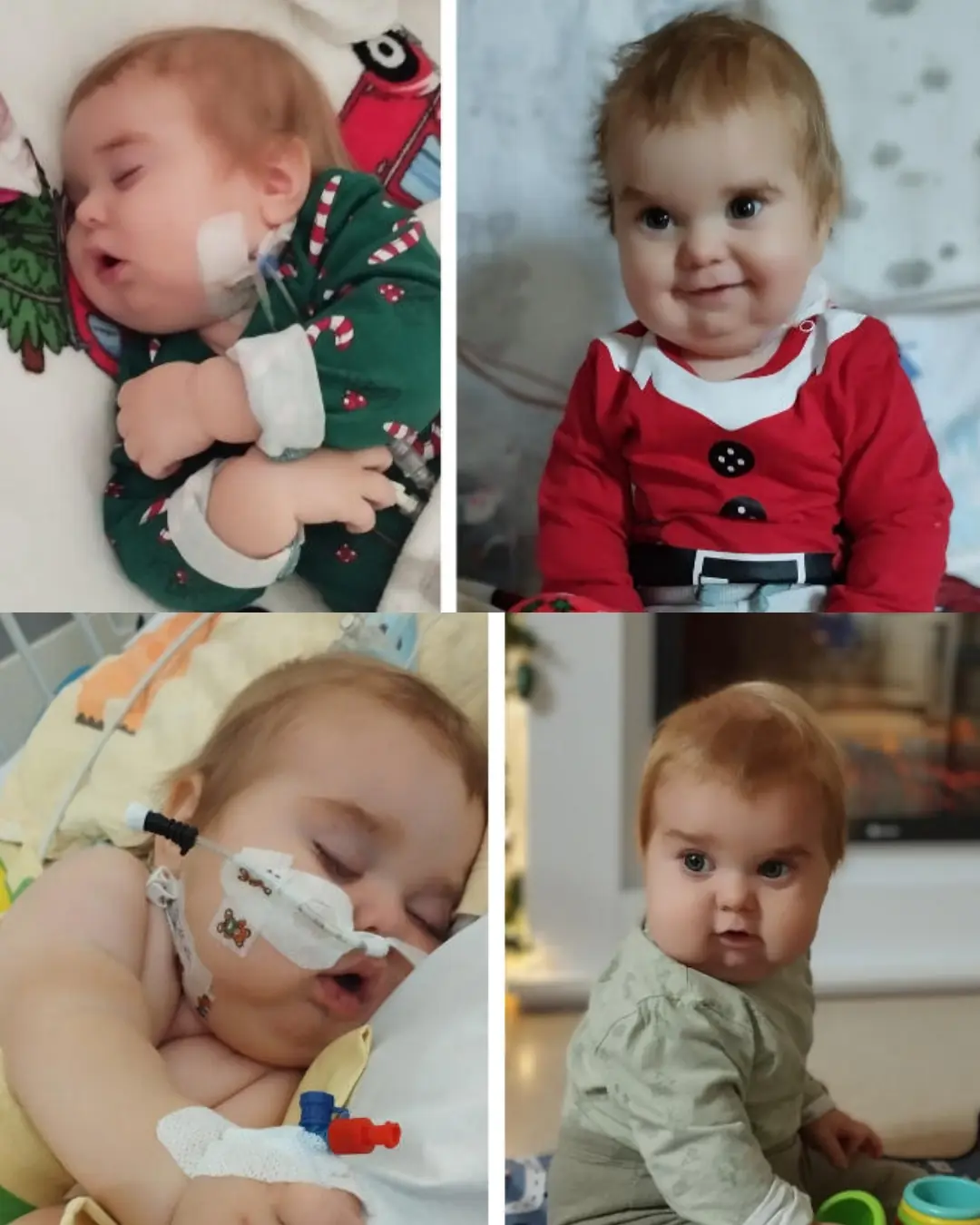
A Family’s World Turned Upside Down: Little Marcelek’s Fight Against a Rare Tumor

When Chimps Became Caretakers: The Unbelievable Bond Between Apes and Penguins
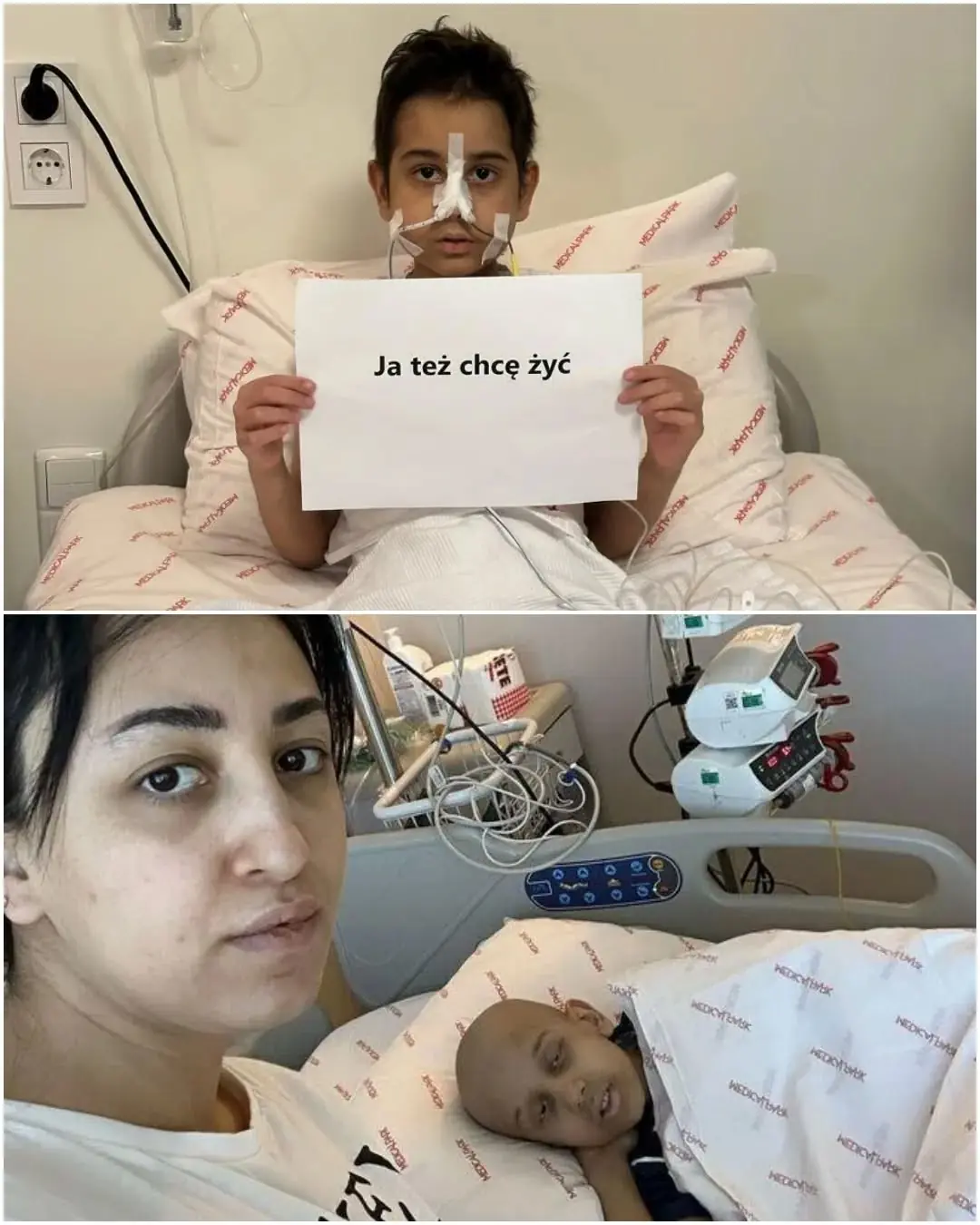
A Father’s Plea: Fighting for Elxan’s Life
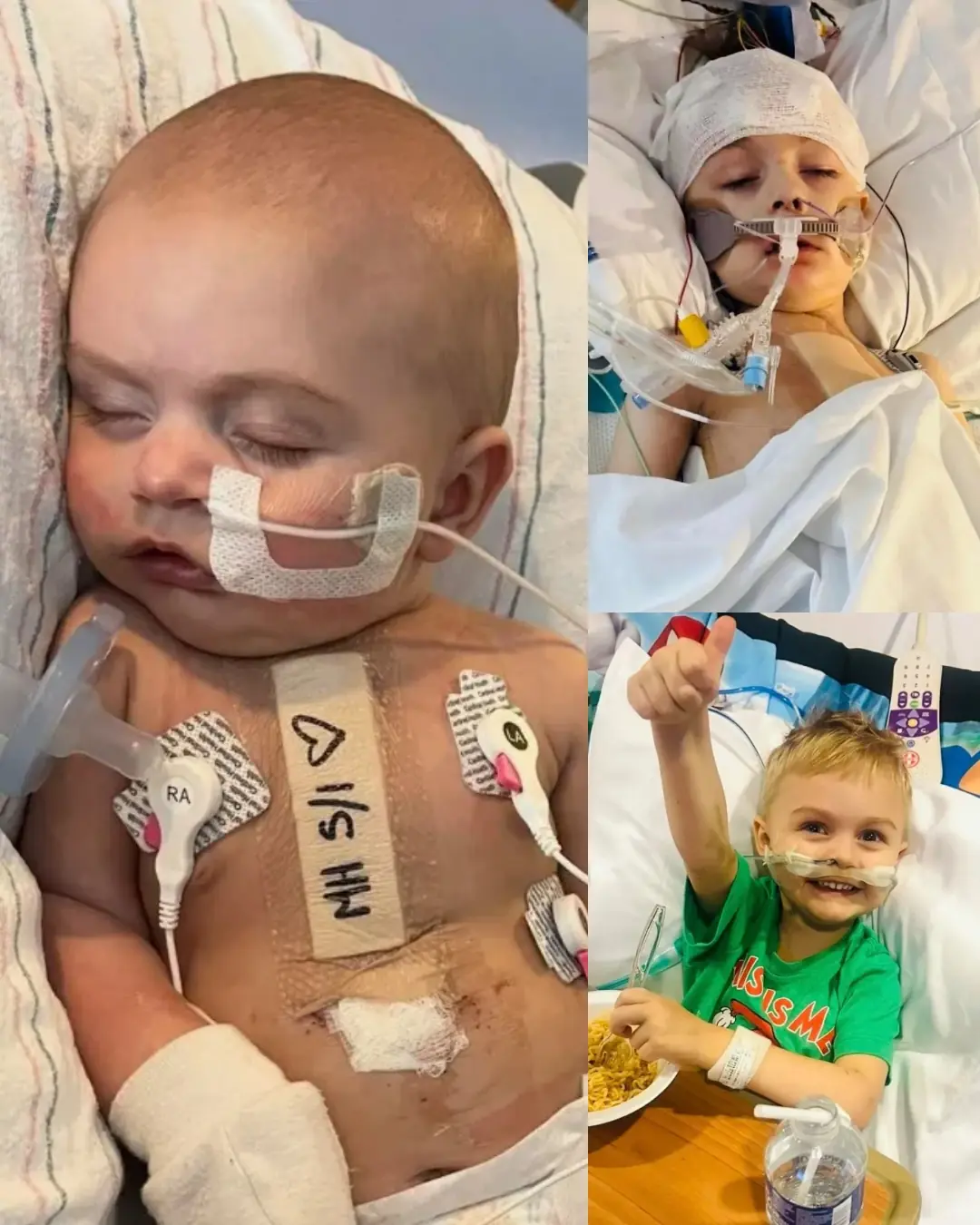
“God’s Got This” — The Miracles of Little Carson Curry
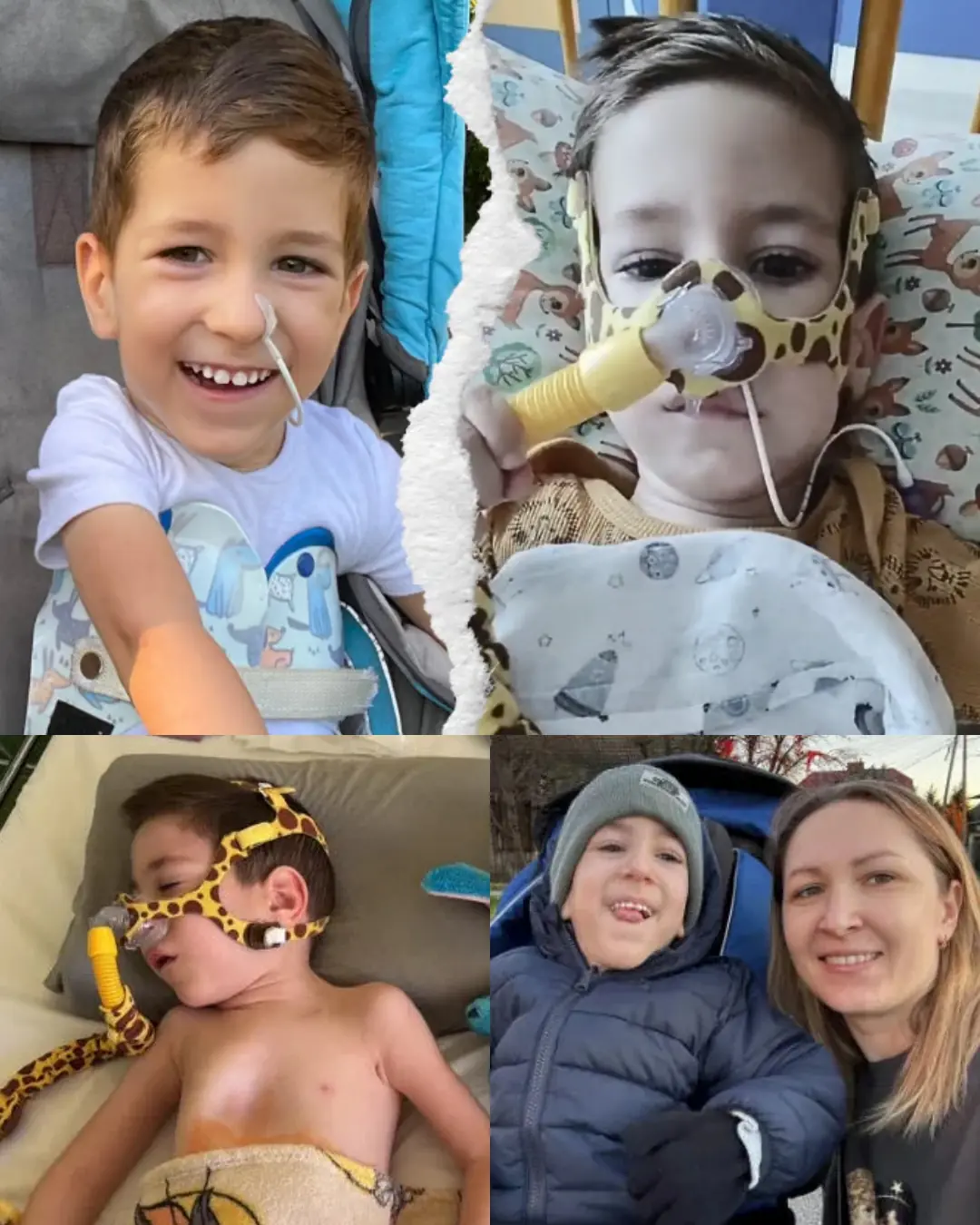
Iwan’s Fight for a Future: A Family’s Unyielding Hope in the Face of SMA
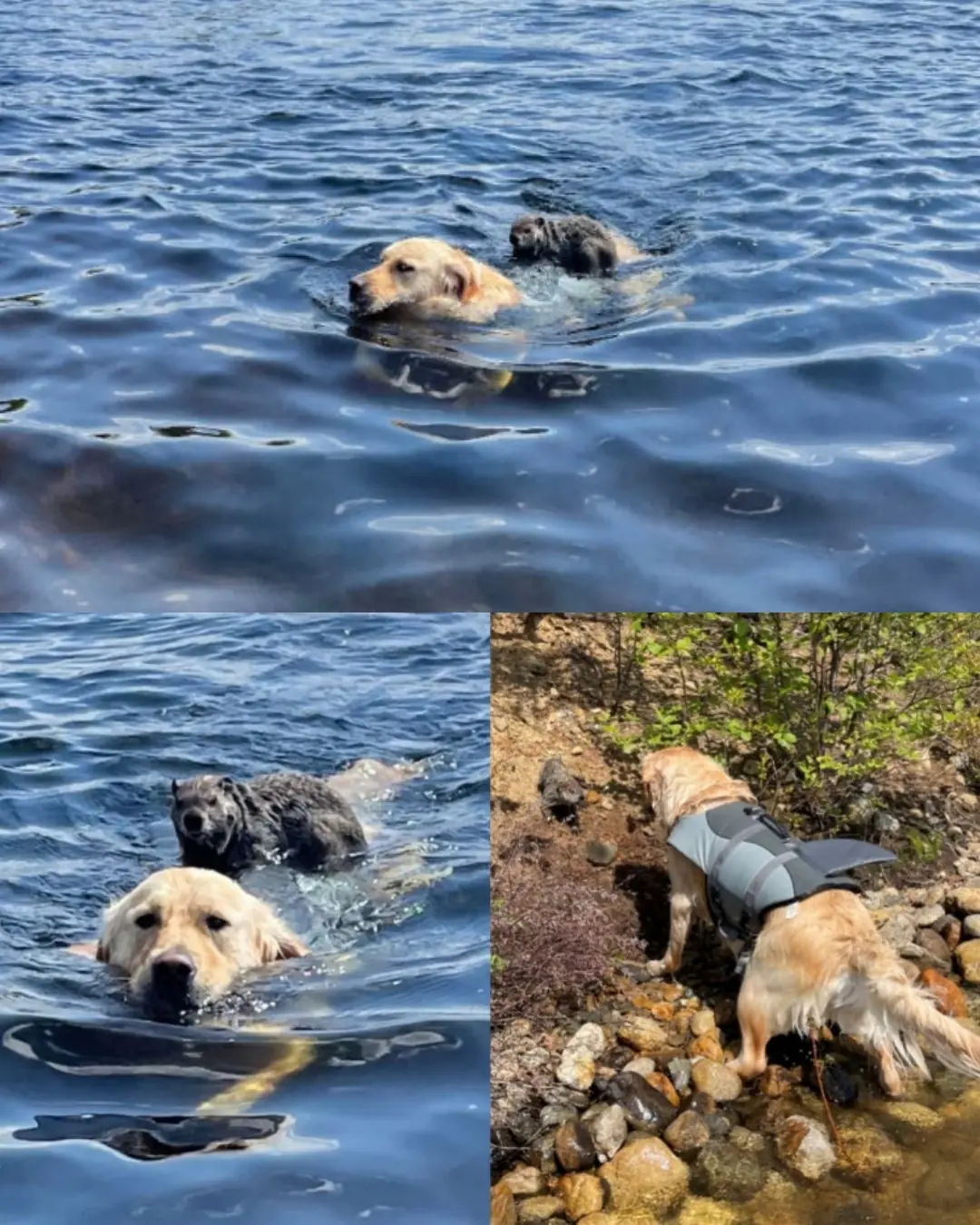
The Dog, the Woodchuck, and the Day Kindness Floated to Shore
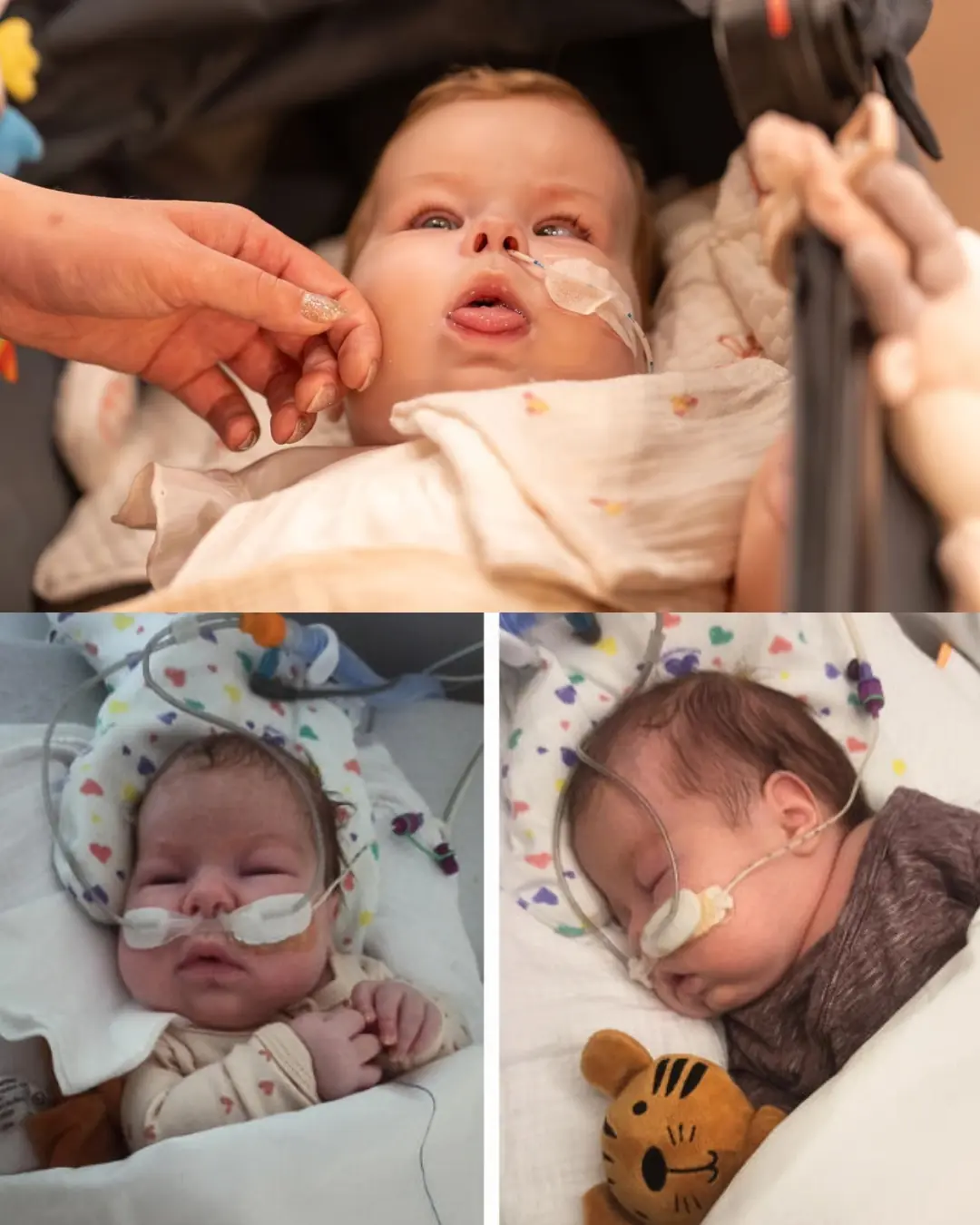
A Fragile Beginning: Baby Zosia’s Fight for Life
News Post
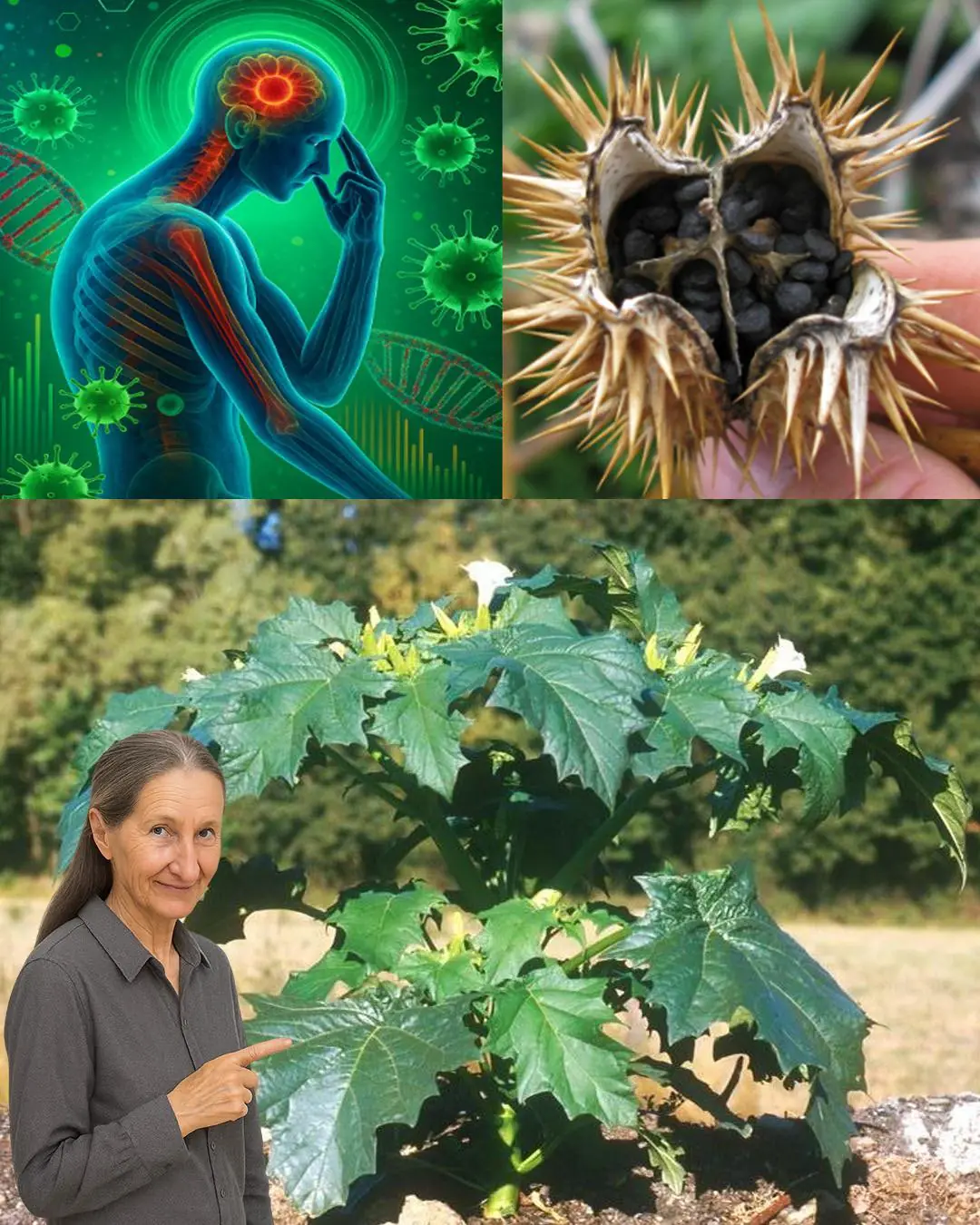
Datura Stramonium: The Enigmatic Thorn Apple Plant

My Ex-husband’s New Wife Unexpectedly Contacted Me – What She Wrote Made Me Go Pale
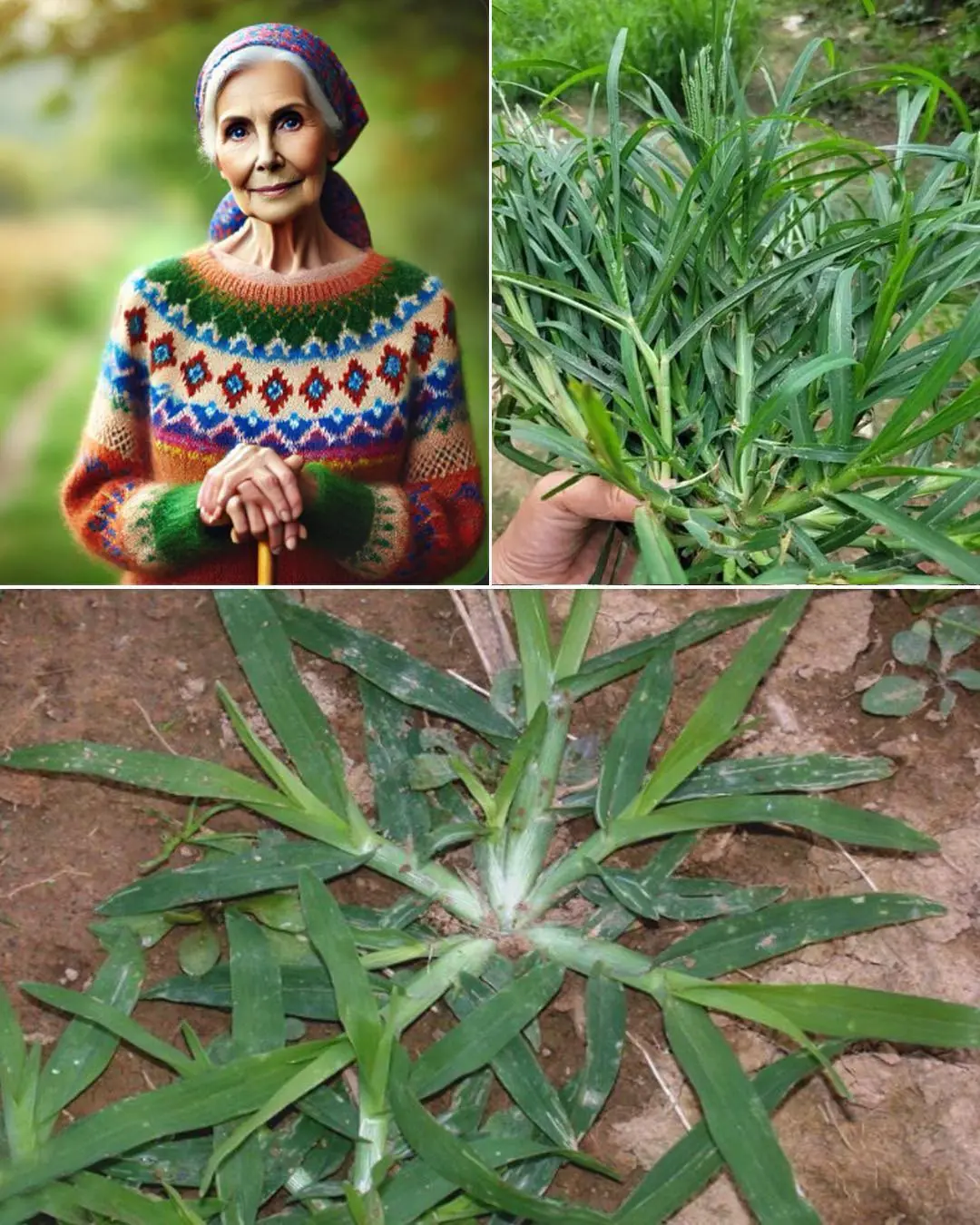
Goosegrass: Health Benefits and Uses

I Inherited My Grandma’s Cotage, but My Jealous Cousin Wrecked It — So I Made Her Pay Every Penny

I Nearly Left My Wife When She Gave Birth to a Baby with Dark Skin — But the DNA Results Left Me Ashamed

My Stepmother Read My Childhood Diary Out Loud at My Wedding to Embarrass Me — She Regretted It Instantly

When his mother decided to leave again, Timka was twelve. She didn’t really explain anything, only said she’d been invited to teach—for just a couple of weeks

— Honestly… — her friend paused for a second, as if afraid to say too much, — I still don’t understand: how did you dare to do this? This is beyond the pale, Liza!

A pregnant student stood on the edge of a bridge, ready to jump… But a sudden child’s cry made her turn—and what she saw changed everything!

— “How can you sink so low? Aren’t you ashamed, dear? Your arms and legs work—why don’t you get a job?” people would say to the beggar woman with a child.

Tired of Being Convenient The envelope with the invitation lay on the table. Snow-white, with gold scrollwork, it seemed to mock the woman who was afraid to open it.
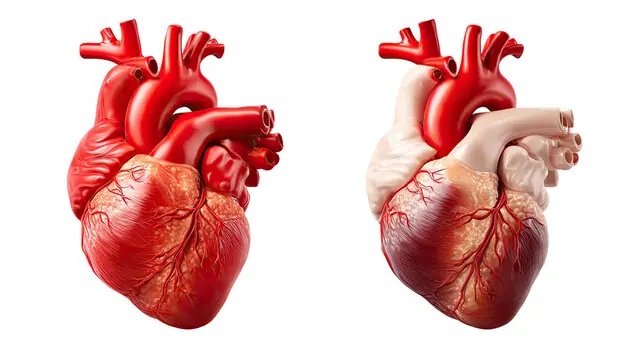
What Really Happens to Your Heart During a 5-Day Fast: A Day-by-Day Breakdown

How to get into secretive dating app that Jennifer Lopez says she would never ever join
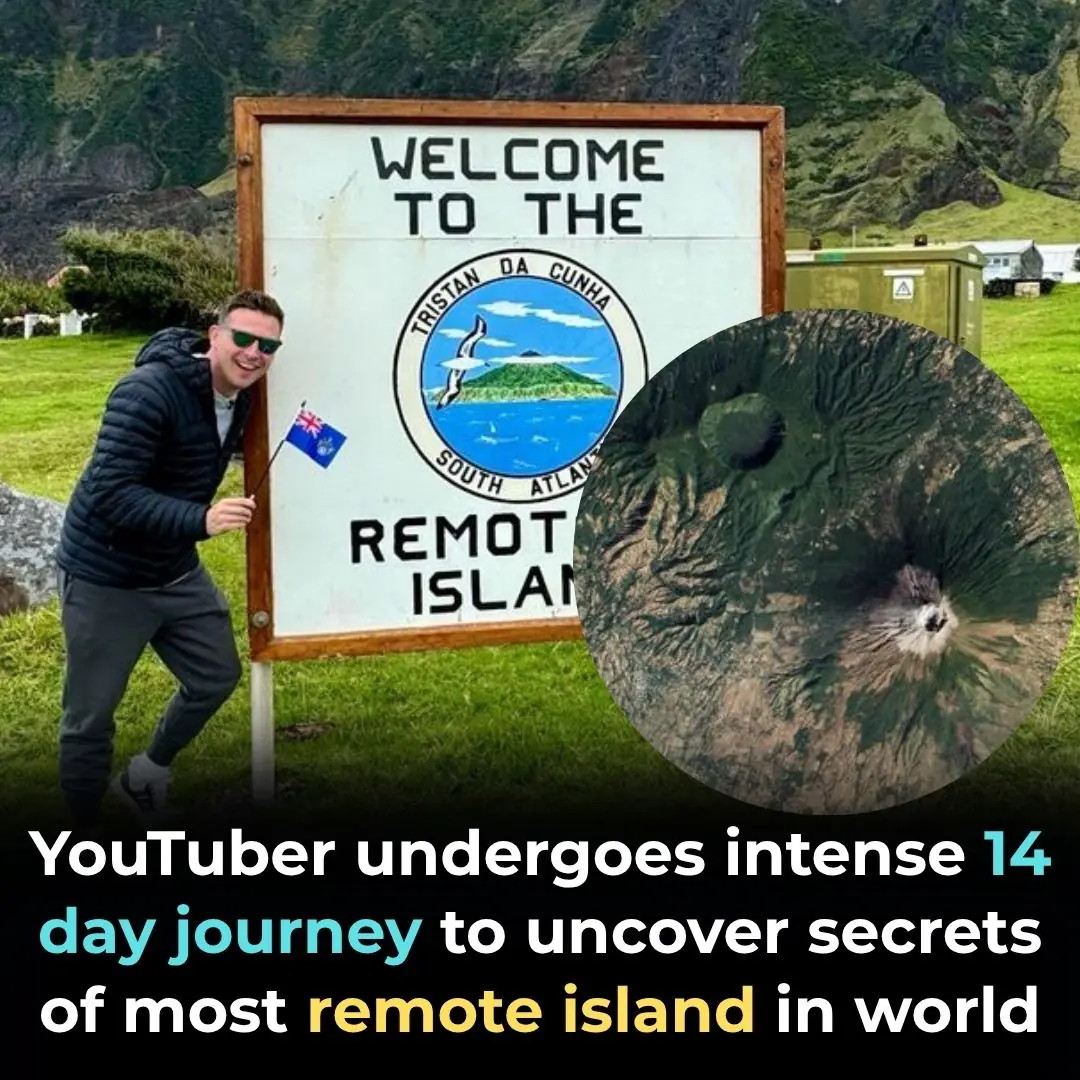
YouTuber undergoes intense 14 day journey to uncover secrets of most remote island in world

The Magnesium Solution: 10 Essential Foods to Naturally Conquer High Blood Pressure

If You Have High Blood Pressure, NEVER Do This in the Morning

How to Make Alkaline Water to Fight Fatigue, Digestive Issues, and Cancer

A Heart That Refuses to Give Up — Dorotka’s Fight for Life
